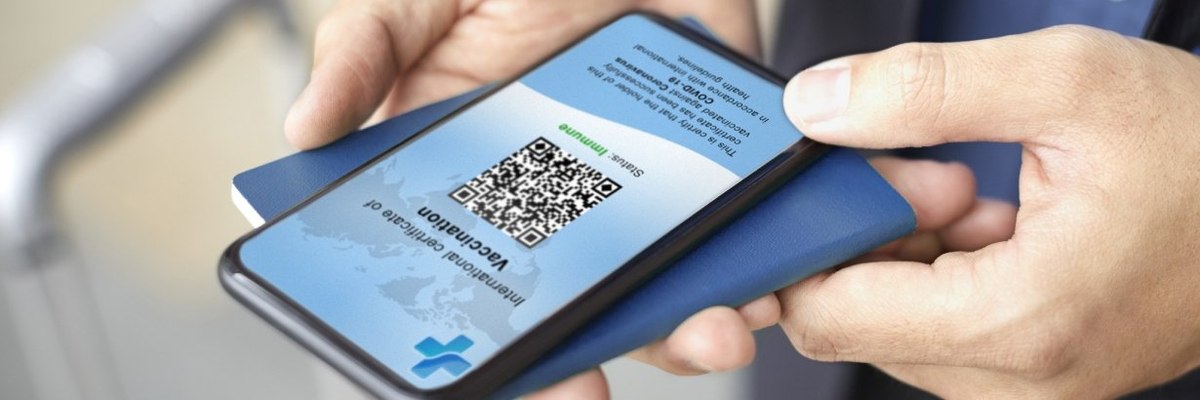Many Britons say they would more likely to attend large events if they had requirements for COVID-19 passports
It has been reported that the government is mothballing its plans for COVID-19 passport requirements for large events in the UK.
However, the public appears to feel differently. Some 71% of people would support a requirement for attendees to large events to prove they had been vaccinated against COVID-19 or had recently tested negative for the disease – including 41% who strongly supported the concept. Only a fifth of people (20%) oppose the now defunct idea.
Conservative voters (78%) are slightly more in favour than Labour voters (69%) overall, and are much more likely to strongly support the idea (50%) than their left-wing peers (32%).
Britons of all ages would also support a mandate for proof of vaccination or recent negative COVID-19 test before attending large events, from 58% of those aged 18 to 24 to 86% of those aged over 65.
These findings follow a previous survey which found 61% of Britons in favour of a similar system of COVID-19 certificates allowing venues to operate without social distancing.
COVID-19 passports would make people more likely to attend events
Despite the government potentially shelving its plans, such schemes could be implemented privately – companies are already able to ask for COVID-19 vaccination status providing it does not break equalities laws.
Event providers may to be keen to learn, then, that nearly half of Britons (47%) would also be more likely to attend large events if they required patrons to use a COVID-19 passport system. This includes some 24% who would be much more likely to attend an event if there was such a requirement.
Another 30% of people say it would make no difference to their likelihood to attend an event, with only 13% saying they would less likely to attend an event with a COVID-19 passport requirement.
A majority in all the age groups say a COVID-19 passport system would not make a difference or make them more likely to attend large events – including half of those aged 65 and over (51%).
See full results here











